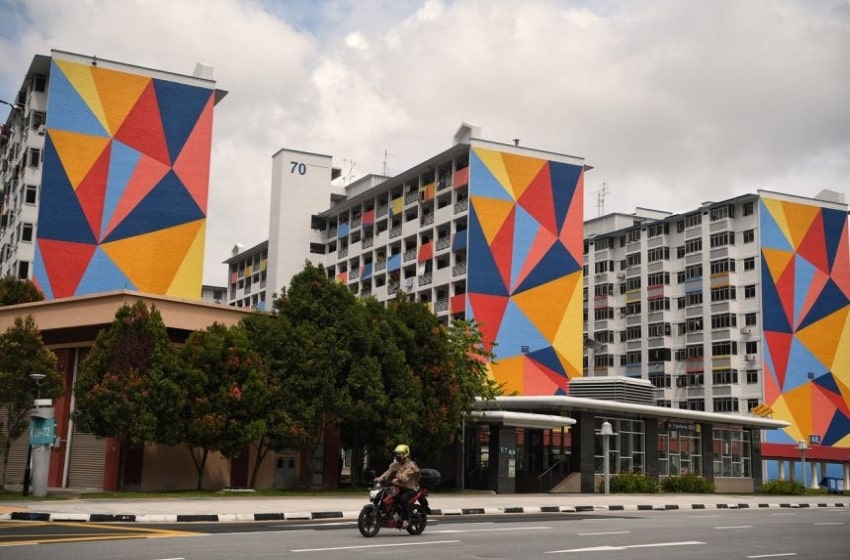

(C) straitstimes
SINGAPORE – An total of $2,000 in Covid-19 assistance was earned by each member of a Singaporean household, about 70% of which came from the broad-based Care and Support Plan, the Ministry of Finance (MOF) said on Thursday (Feb 11).
On average, each household earned around $4,000 from broad-based programs, much of which came in the form of cash transfers, such as the Care and Support Package.
On average, families with less wealth – whose members suffered work or income reductions or were self-employed – earned an estimated $5,100 in relief.
The government has dedicated a total of $10 billion over the past year to cash transfers and social assistance programs, skewed to lower-income households and those more seriously impacted by the pandemic, the ministry noted in its report on the effects of the budget initiatives last year.
This included funds under schemes such as the Temporary Relief Fund (TRF), the Covid-19 Support Grant (CSG) and the Self-Employed Person Income Relief Scheme (Sirs) that supported over 500,000 individuals together.
The substantial amount of funding helped reduce inequality, with the Gini coefficient of Singapore dropping after government transfers and taxes were accounted for. The Gini coefficient calculates income inequality, with 0 being the most equal, from 0 to 1. After transactions and taxes were taken into account, Singapore’s Gini coefficient went from 0.452 to 0.375 last year.
“The significant reduction in 2020 can be attributed to the Covid-19 measures which were tilted to provide more help to those with lower incomes and who may lack other forms of support,” MOF said.
The ministry also stated in its study that households with lower incomes earned higher payouts under some components of the Care and Support Package. These included the Special Payment for Workfare, as well as food coupons that helped cover regular expenses.
Meanwhile, the TRF, CSG and Sirs benefited from households with self-employed members or those who had suffered work or revenue losses. These three schemes accounted for an average of approximately 30 percent of the benefits earned. The Covid-19 steps were also distributed, the ministry said, in a progressive manner. On average, Singaporean households received about $2,500 per member in the bottom 20 percent of revenue, while those received about $2,800 in the next 20 percent. In contrast, households earned around $1,100 in the top 20 percent.
Hong Kong billionaire Li Ka-shing sold Panamanian port terminals to a US-led group, causing diplomatic conflicts between Washington and Beijing…
In a major setback for Korea's burgeoning stars, a court in South Korea has ruled against NewJeans, disregarding their effort…
Malaysia Aviation Group (MAG) parent of Malaysia Airlines has set out to order 30 new Boeing 737 aircraft as part…
Indonesia and Vietnam have completed their long-negotiated and pending ratification of their maritime boundaries. While this will probably improve maritime…
Japan achieved historical first place in World Cup 2026 qualification after beating Bahrain 2-0 at Saitama Stadium. After bringing on…
Lawmakers across parties worry about the Trump administration's decision to stop funding the Open Technology Fund because leading Republicans view…
This website uses cookies.
Read More